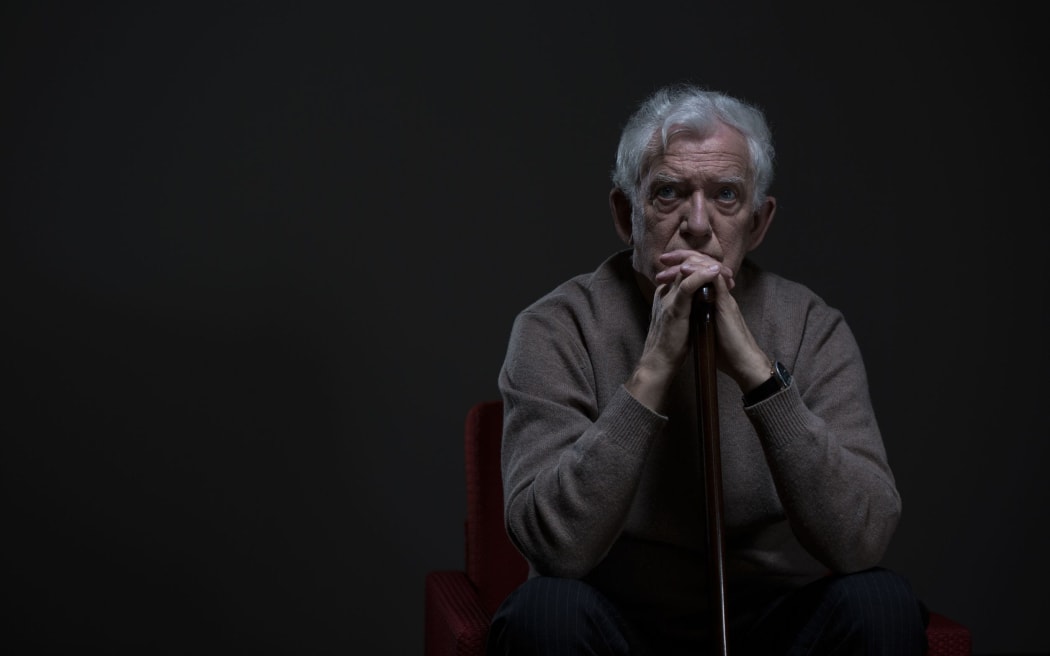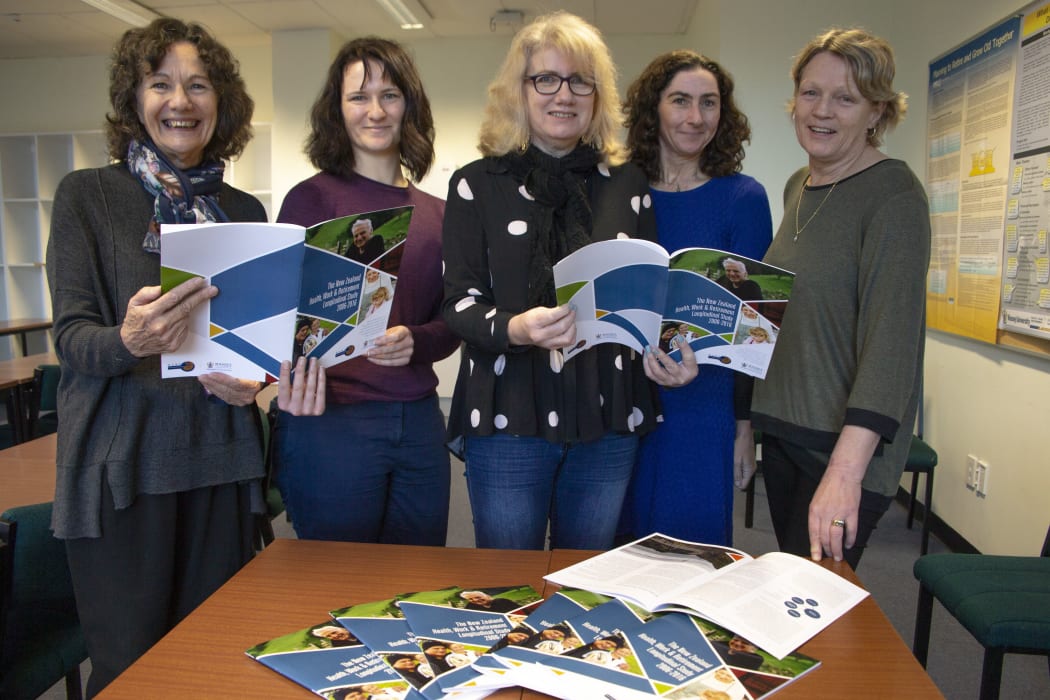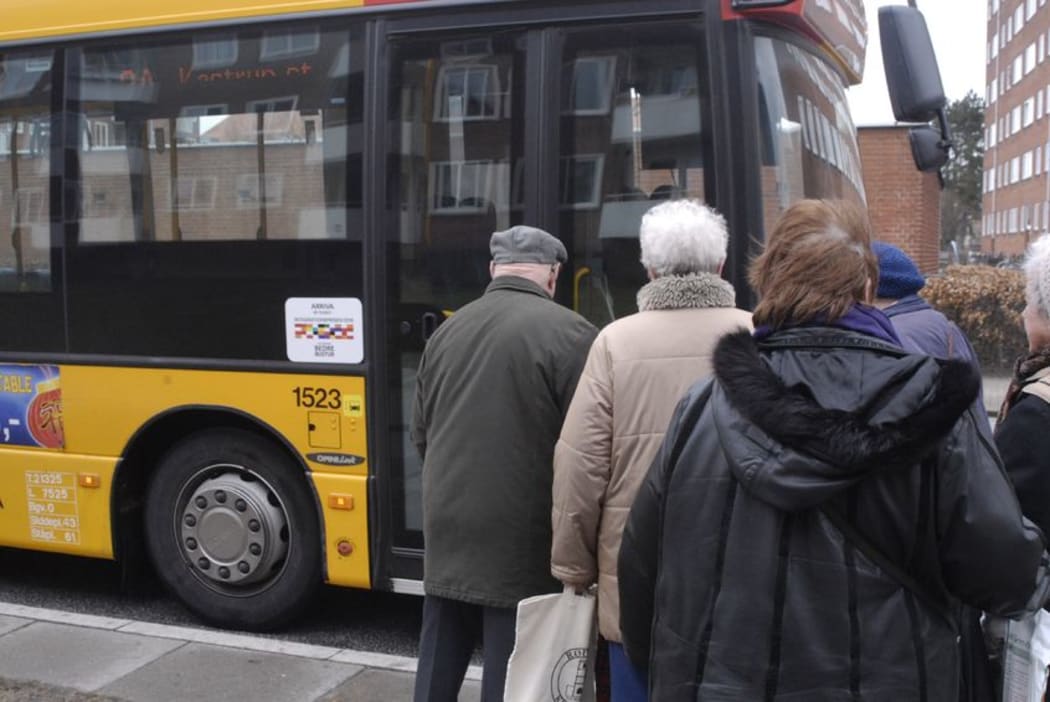New Zealand’s older population are largely healthy – but renters are at a disadvantage as they age, a Massey University study has found.

Renting seems to be a predictor of declining mental health for the older population, a concern given New Zealand's falling levels of home ownership, rising house prices and ageing population. Photo: 123rf.com
Massey’s Health and Ageing Research Team followed more than 11,000 New Zealanders aged 55 to 70 between 2006 to 2016.
Researcher Christine Stephens tells Afternoons’ Jesse Mulligan a high proportion of people maintained good health over the ten years.
“About 60 percent of the sample is ageing really well – they’re healthy, they have good physical, good mental and good social health,” Prof Stephens says.
Another 18 percent saw a physical health decline over 10 years, but remained mentally and socially healthy, while about 20 percent had either declining mental and social health or poor health in all three categories.
“These people didn’t change, either, I think the important thing is to know that they came into our study at about 55 to 70 already with those issues and across ten years … they didn’t get better.
“They’re certainly the ones that are likely to die earlier, so they’re the group of participants that we’re starting to lose more quickly."
The survey has been partly funded by the government with a view to eventually directing social policy, Prof Stephens says.
With that in mind, the researchers partly focused on the effects of housing quality on health – and discovered a worrying trend.
“We are particularly concerned that those people with the physical and mental and social health limitations are much more likely to be in poor housing,” she says.
Read more about New Zealand's ageing population:
- Insight: Loneliness - Facing the Void
- Too few rest homes for NZ's ageing population - report
- Number of hardship grants given to over-65s increases 50% in 5 years
- Desperate need to house lonely seniors: 'It’s a hidden problem'
“In fact, people who are renting are the most likely to go downhill, especially in mental health. We’ve shown effects that show that people who are renting are declining more quickly than the other groups.”
The study also reliably showed health was linked directly to wealth.

Massey University’s HART researchers: Professor Christine Stephens, Dr Joanne Allen, Professor Fiona Alpass, Dr Mary Breheny and Vicki Beagley. Photo: David Wiltshire daveandharry@hotmail.com
“Over anything, we have to control for people’s wealth because it predicts everything.
“Your economic well-being is always strongly linked to health, and that’s true in every analysis we do.
“It would be great if everybody could have the same resources, the same economic resources, or the same opportunities in life and then we might have better health across the nation.”
People who are staying healthy are staying more productive, with the number of employed over-65s tripling between 1986 and 2006, she says.
“Because we’ve got such high proportions of people in good health in New Zealand, we want to make sure that they are supported to keep contributing.
“We do have quite high proportions of people working still, obviously that slows down as they get older, but people in the best health are also most likely to be working.”

People aged 65-80 in 2016 are more likely to remain in the workforce if they are healthy, and more likely to be healthy if they are well off and own their home. Photo: 123RF
“It’s kind of a win-win thing, and at the moment there are some ageist attitudes that prevent some people who want to work getting jobs."
Government policy should focus on combating the growing levels of unemployment among older people, she says.
“We’ve got quite high proportions of job seekers among older people now, and in fact, in 2016 it got greater than the 18-24-year-old group.
“Businesses need to be supported to recognise the contributions older workers can make to their businesses and also to support older workers to maintain their work life.
“We keep continuing to ask people about their health and their housing and a lot of other aspects of their lives, but a big focus on the next five years of our study is going to be on work.”

